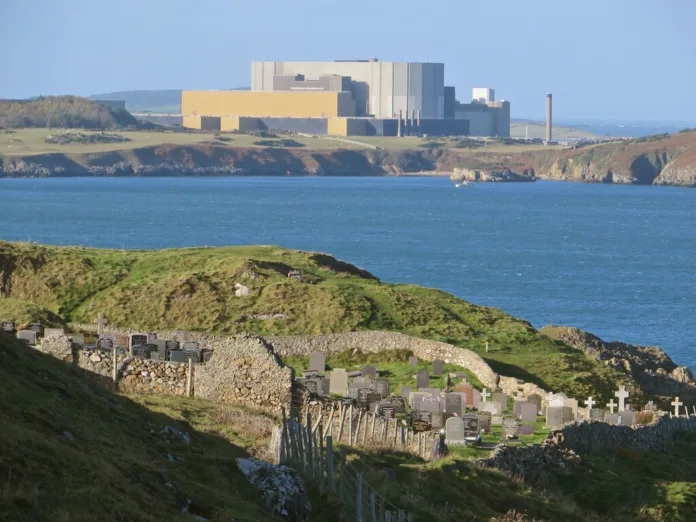Work begins in 2026 on Britains first modular reactor promising jobs and fierce debate
Britain has confirmed that the rugged coastline of Anglesey will host the nations first small modular nuclear power station in a landmark decision that reshapes the future of United Kingdom energy. The Wylfa site has been selected as the centrepiece of a major national push to revive nuclear production after years of stalled projects and political hesitation.
Work at the location will begin in 2026, supported by significant public investment and a bold commitment to transform north Wales into a hub for modern nuclear engineering. Officials expect the project to create about three thousand jobs at the height of construction and hundreds of long term roles once the reactors begin operating.
The programme will be run by Great British Energy Nuclear, a publicly owned company backed by government funding worth two point five billion pounds. Rolls Royce SMR is scheduled to design the reactors and is preparing to sign final contracts before the end of the year. The initial plan involves three reactors with potential space for as many as eight over time, making the site one of the most ambitious modular nuclear developments in Europe.
Prime Minister Sir Keir Starmer described the announcement as a turning point for both the country and the island of Anglesey. He said that Britain had once led the world in nuclear technology but had allowed progress to stall through prolonged hesitation. According to Sir Keir, the government is now clearing obstacles, streamlining planning rules and focusing investment in order to deliver the first modular reactor station in north Wales.
Embed from Getty Images
The Wylfa project is expected to provide electricity for three million homes which is more than double the number of households in Wales. Ministers believe the station will strengthen energy security while supporting wider national goals for clean power. Generation is expected to begin in the middle of the next decade if work progresses as scheduled.
Welsh First Minister Eluned Morgan hailed the news as a moment of huge importance for both the island and the wider nation. She said that new nuclear technology represents secure jobs and stable energy for future generations. She also emphasised that Wales had consistently argued for Wylfa to be recognised as a prime location and that the decision confirms its strategic value.
The island has deep roots in nuclear power. The original Wylfa station was built in the nineteen sixties and produced electricity for decades before its reactors were closed between 2012 and 2015. Previous attempts to restart nuclear development on the site collapsed in 2021 when plans were abandoned by the former government.
Plaid Cymru leader and Ynys Mon member Rhun ap Iorwerth offered support for the decision but warned that the island had seen earlier proposals fall away. He said that while the opportunity is significant, local communities need firm guarantees that the project will proceed and that their voices will influence every stage of development. He stressed the importance of ensuring that the economic advantages including skilled jobs for young people are balanced with careful management of the wider challenges associated with large energy projects.
Small modular reactors differ from older nuclear stations because they are constructed as prefabricated units and assembled on site. Supporters believe this method allows quicker and more reliable delivery compared to large scale projects like Hinkley Point C. Critics remain cautious about cost and long term performance, arguing that the technology has yet to be proven at full national scale.
For now the confirmation brings renewed focus to the windswept landscape of Anglesey. The island once again stands at the centre of the United Kingdoms energy ambitions as hopes for economic revival meet the complex realities of nuclear power.
